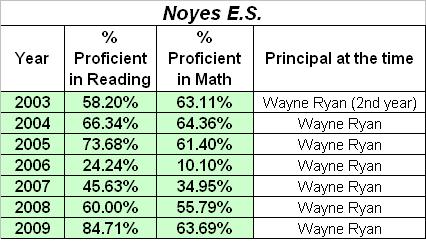The Times Still Doesn’t Quite Understand the Internet

I have no problem with the New York Times charging for Web content. They produce a great number of well-written, well-reported articles that are worth paying for (and since I already get the Sunday edition home-delivered it’s not going to cost me anything extra. ) But as the Times continues the inevitable long-term transition to the Web, it should work harder to embrace the way the Web works. For example, this story on the Texas schoolbook adoption process includes the following:
…the Texas board’s moves to bring Jesus into American history — has drawn anger in places far removed from the board members’ constituencies. (Samples of recent blog headlines on the topic: “Don McLeroy Wants Your Children to Be Stupid” and “Can We Please Mess With Texas?”)
Having written the second blog headline, I’m obviously pleased to see it referenced in the cover story of the New York Times Magazine. But why not include a hypertext link to the actual blog post? We’re talking about something that would consume less than 30 seconds of someone’s time. Instead, all the links in


























